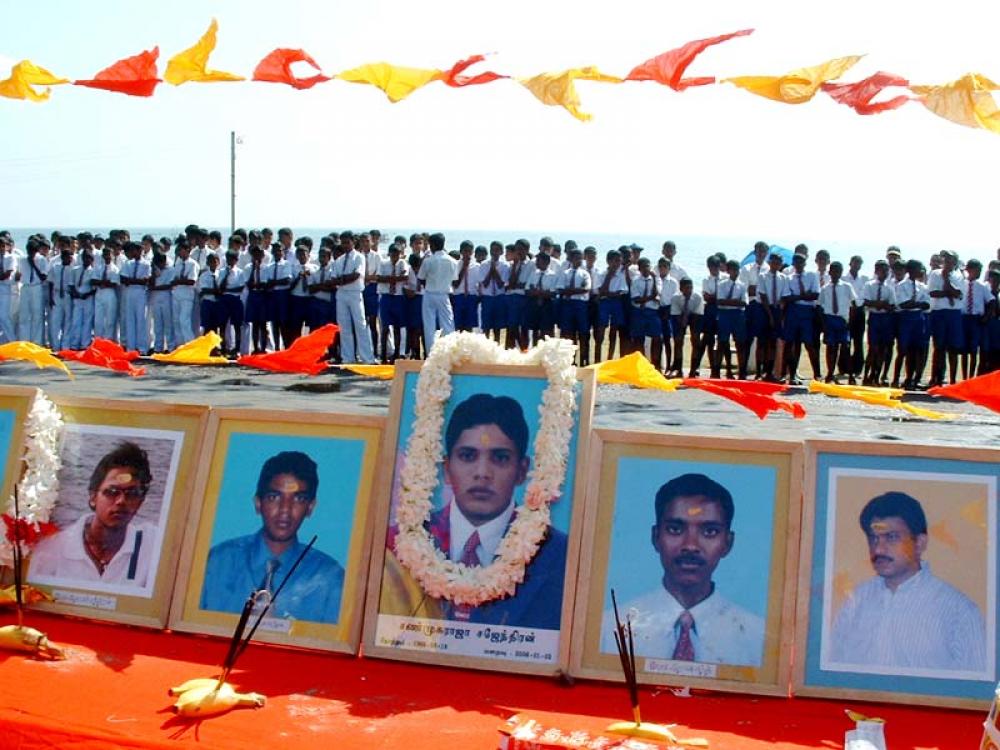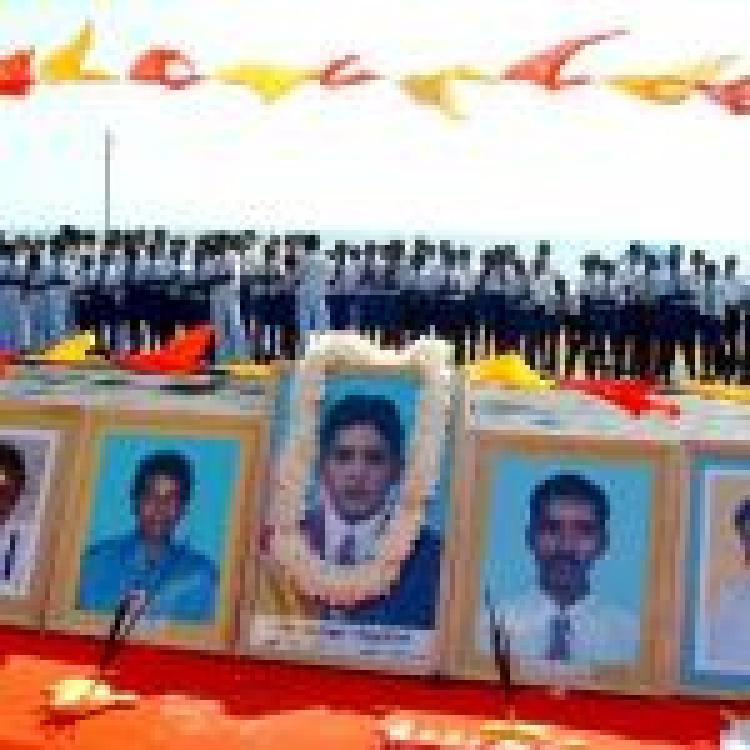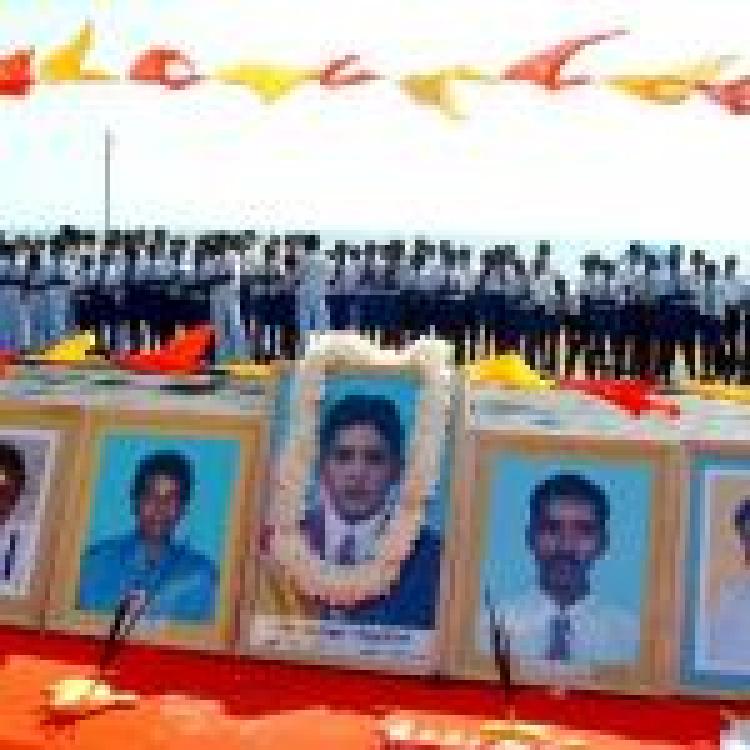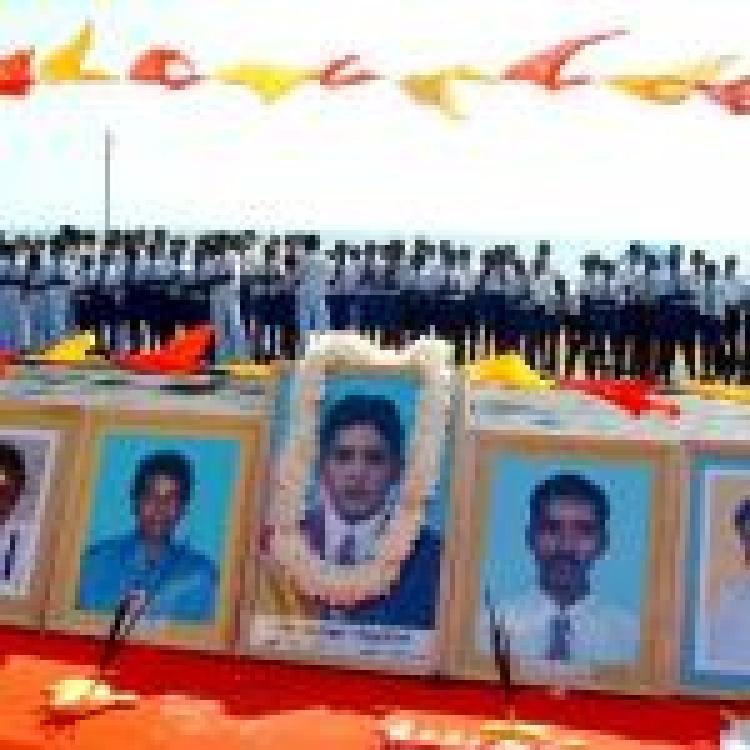Amnesty International has said that reforms are required in Sri Lanka if new investigations into the ‘Trinco 5’ massacre are to be effective.
In a statement welcoming the Sri Lankan attorney general’s decision to recommence investigations after 13 Special Task Force (STF) suspects were acquitted last month, the organisation noted the “importance of a thorough, effective and impartial investigation into the killing to ensure that victims of human rights violations and abuses can access justice”.
Still searching for justice - 13 years on from Trinco 5 killings
“The government of Sri Lanka has an obligation under international law to deliver justice to the victims of the killings – either through the domestic court system, or through a judicial mechanism with a special counsel to investigate allegations of violations of international human rights law and international humanitarian law, which the government proposed to establish in UN Human Rights Council resolution 30/1 (2015),” Amnesty International said.
The organisation also urged “the government of Sri Lanka to strengthen witness protection and mutual legal assistance from countries where witnesses and victims may now reside, in order to effectively investigate the killings and pursue accountability for the ‘Trinco 5’” further noting that “a journalist who took photographs of the bodies, Subramaniyam Sugirdharajan, was killed a few weeks later. Dr. K Manoharan, whose son Ragihar was one of the victims was forced to flee the country after receiving death threats and continues to voice fears of reprisals against those who give evidence in the case. The families of the other victims, including two youths who survived the attack were also forced to flee Sri Lanka.”
“In particular, in light of the legitimate security concerns of witnesses and victims to the case, the government of Sri Lanka should amend the Assistance to and Protection of Victims of Crime and Witnesses Act of 2015 to further facilitate the participation of witnesses and victims outside of Sri Lanka. Such reform should seek to amend the law beyond the facilitation of recording evidence or statements remotely from a Sri Lankan diplomatic mission in the country from where a victim of crime or witness seeks to testify or make the statement.”




